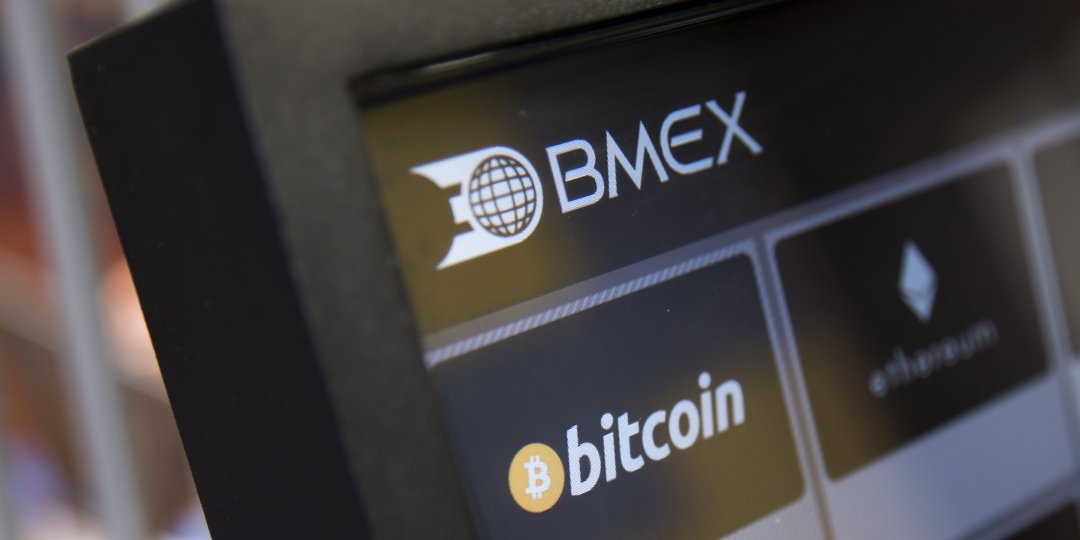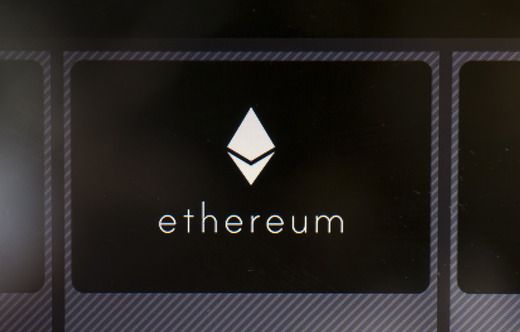Ethereum Vs. Bitcoin: Which Cryptocurrency Is Right For You?
Cryptocurrencies are on the rise and are beginning to function just like the US dollar, Swiss Franc, or Japanese Yen but in encrypted digital form. Using cryptography, a system of generating codes to secure information, holders of cryptocurrency can do business transactions digitally, while maintaining privacy and security on a global scale.
Right now, there are two major cryptocurrencies Bitcoin and Ethereum. These two currencies are fighting for dominance in the digital world. Both have their unique advantages and disadvantages. Both have the potential to change how we conduct global commerce and trade. To get a better idea of how they stack up against one another, we took a look at the benefits and flaws of Bitcoin and Ethereum.

Bitcoin was launched in 2009 as an alternative to the world’s fiat currency system. It is the world’s first decentralized digital currency.
Note: Fiat currency is the popular currency used by the majority of governments. This is a currency with full legal tender, but no physical commodity.

Bitcoin Advantages
First To Market
Bitcoin is the first of its kind so it has taken the lead as the dominant cryptocurrency. This leadership role has given it an air of legitimacy as the preeminent digital currency of choice, since it has weathered the battles to be accepted, a battle it still fights to this day.
Greater Infrastructure
Bitcoin’s launch was exciting and attracted many early-adopters who hoped to cash in on Bitcoin as it blazed new trails into the financial world.
As a result, Bitcoin exchanges and trading services began to offer currency exchange, margin trading, data services, and liquidity for Bitcoin holders. As more of these specific financial centers sprung up, Bitcoin became more accepted, and it became easier to exchange your Bitcoin for US dollars, Euros, Canadian dollars, or whatever currency you wanted.
This has given some legitimacy to Bitcoin as a real form of exchange, that other cryptocurrencies are still struggling to gain.
Lowering Costs To Bitcoin End-Users
Bitcoin was created to be an alternative fiat currency that could compete outside of the current government-controlled system. It created a system where individuals could transfer money without having to go to a “middleman” such as a bank or 3rd party process (ex. PayPal) and have to pay fees as a cost of doing business.
Supply & Demand Increase Bitcoin’s Value
Bitcoin’s system was created on a concept of dwindling supply to keep the global market from being oversaturated. Since its launch in 2009, new Bitcoins issued are halved each year with a cap of 21 million coins in circulation.
This staggered release of Bitcoins has so far helped it increase in value. In 2009, Bitcoins were worth about 30 cents but are now worth almost $6,000.
The Bitcoin Blockchain
Bitcoin’s success is built on a sophisticated digital ledger called the blockchain.
Any transaction involving Bitcoin is sent out to Bitcoin’s network of computers in the form of complicated mathematical formulas. These formulas are then solved by the network, recorded, timestamped, and placed as a “block” on the end of the blockchain. Then, across the network, every ledger is updated on every computer.
This process is revolutionary in its innovation and could be responsible for advancing financial security in the future.
Bitcoin Disadvantages
Mired in Controversy
In the beginning, criminals and frauds used Bitcoin’s ease of use and privacy for illegal means.
Criminal cases involving Ross William Ulbricht and The Silk Road along with the fraud case involving the Mt. Gox Bitcoin Exchange have hurt Bitcoin’s reputation and increased the public’s distrust of it as a form of legitimate currency.
Longer Recording Times
Transactions recorded by the network for the blockchain are very slow.
Currently, Bitcoin’s network uses peer-to-peer processing which is more democratic and evenly distributed but it can take up to 10 minutes to process, an eternity in cyber-time.
Ethereum
Ethereum is the newer of the two major cryptocurrencies coming in second after Bitcoin. Launched in 2015, Ethereum was able to ride Bitcoin’s coattails into the digital currency market while trying to improve on Bitcoin’s success.

Ethereum Advantages
More Than A Digital Currency
While Ethereum set out to be an alternative to government-controlled fiat currency and compete with Bitcoin, it also served as a unit of value within its own eco-system.
Ethereum was created by the crypto-community at Ethereum.org. Consisting of mostly programmers and tech-minded individuals, with an eye on the future, Ethereum was to act as a source of funding within their community. The goal of this community was to build a blockchain-based platform using “ether” (a token of value based off of Ethereum) as the internal currency.
In this context, it’s like gambling chips in a casino. Outside that casino, the chip may have no value but inside the walls of that casino, it has many uses. This allows programmers to raise money for projects using ether as the currency of funding.
Smart Contracts
Ethereum uses “smart contracts” as blockchain stored contracts. This allows the network to provide a decentralized way to verify and enforce agreements within the Ethereum eco-system.
These smart contracts act as transactions for value exchange and are added to the network’s blockchain. The computers involved in the networks earn ether by solving mathematical formulas in a similar fashion to Bitcoin. However, with Ethereum the ether can also be used for fund-raising.
Fundraise
Inside Ethereum’s world, you can raise funds through the use of smart contracts for various projects. You set up the contract and seek pledges from the community. These funds can be raised without added fees and more of the money can be devoted to the project.
Help With Projects
Ethereum started as a community and puts a strong emphasis on collaboration. To help, you can actually take proposals from the project’s contributors and take votes on how to proceed. This helps you enlist more brainpower and experience to increase the odds of success for your project.
Ethereum Disadvantages
Orphan Blocks
When two miners produce blocks for the Ethereum blockchain around the same time then they can sometimes be split off without being added to the blockchain. These “orphan blocks” fail to be recorded in proper sequence causing flawed confirmations. This is a fatal flaw inside Ethereum’s blockchain that can be exploited by hackers who wish to reverse or alter transactions.
Second Place
Bitcoin got to the market first and as it has gained traction. Ethereum has a good foothold in second place but is still trailing Bitcoin.
This is a bit like the competition between Coke and Pepsi. With Pepsi trailing Coke and taking the lead sometimes but giving it back to Coke in the end. Ethereum will need to build up a much bigger following before overtaking Bitcoin.
Lower Value
An ether token is currently worth just under $300, while Bitcoin is worth almost $6,000. Certainly, it can appreciate in time, but at the lower value, it takes a backseat to Bitcoin on the world-stage and at exchanges that deal in cryptocurrency.
Closing Thoughts On Ethereum Vs. Bitcoin
The internet was first dreamed up in the 1960s as a military project named “Arpanet” which sought to create a “network of networks” among its super-computers for faster communication and efficiency. This project evolved over time and, in 1990, became the World Wide Web.
The ripple effect of the World Wide Web has been staggering. The world literally became closer as the exchange of ideas created greater communication and economic opportunity. Billion dollar ideas found their legs through the internet and the networks that flourished around them, creating an explosion of economic growth. In the same way, cryptocurrency is arguably the greatest invention since the internet and has the potential to become just as significant in the history of the world.
Bitcoin and Ethereum both offer a unique set of strengths and weaknesses that are still evolving to meet demand. Their ability to evolve and adapt will determine their place in history.
Source: AskMen.com/money/investing